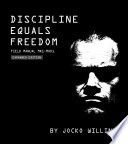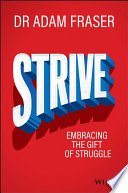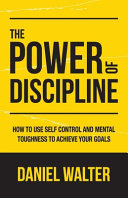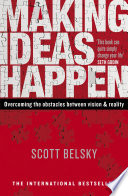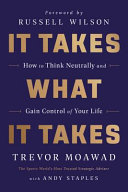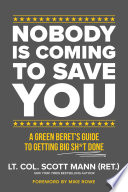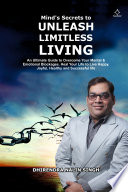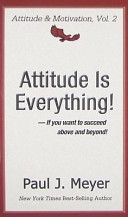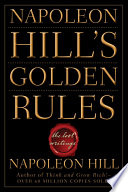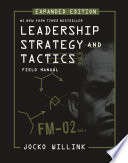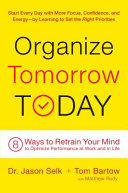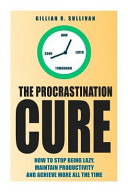Summary
Discipline Equals Freedom by Jocko Willink is a motivational guide that explores the profound connection between discipline and the freedom it can bring to individuals' lives. The book is structured around the idea that true freedom is not a lack of constraints but rather the result of self-discipline and ownership of one's actions. Willink, a former Navy SEAL and leadership consultant, draws from his military experiences to illustrate how discipline can be applied to various aspects of life, including personal development, leadership, and career success.
The book begins by establishing the premise that discipline is essential for achieving freedom. Willink argues that without discipline, individuals are likely to drift aimlessly, succumbing to distractions and chaos. He encourages readers to embrace discipline as a foundational principle, asserting that it provides the structure needed to pursue one's goals effectively. This idea is further reinforced by the concept of ownership, where individuals are urged to take responsibility for their circumstances, allowing them to make proactive changes and foster a growth-oriented mindset.
Another key theme in the book is the importance of embracing discomfort. Willink emphasizes that true growth occurs outside of one's comfort zone and encourages readers to seek out challenges as opportunities for personal transformation. He shares personal anecdotes and practical strategies for developing mental toughness and resilience, reinforcing the notion that facing discomfort head-on can lead to profound personal growth.
Willink also highlights the significance of establishing a daily routine, advocating for early rising and prioritizing essential tasks. He believes that a structured routine enhances productivity and provides a sense of stability, enabling individuals to manage their time effectively and maintain focus on their priorities. This focus on routine ties into the broader theme of mental toughness, which Willink defines as the ability to persevere in the face of adversity and maintain focus on one's goals.
Leadership is another critical focus of the book, with Willink discussing the qualities of effective leaders and the importance of leading by example. He emphasizes the need for clear communication, empathy, and the ability to inspire others, illustrating how disciplined leaders can motivate their teams to achieve high levels of performance. This perspective on leadership underscores the connection between discipline and the ability to influence and guide others toward success.
Finally, the book concludes with a powerful message about the importance of action over words. Willink encourages readers to adopt a proactive mindset, emphasizing that consistent action leads to meaningful results. He provides practical advice on breaking down goals into actionable steps, reinforcing the idea that discipline is not just about planning but also about executing plans with determination.
Overall, Discipline Equals Freedom is a compelling and motivational read that encourages individuals to embrace discipline as a means of achieving true freedom in their lives. Willink's insights and practical strategies provide a roadmap for personal development, leadership, and resilience, making it a valuable resource for anyone seeking to improve their lives and reach their goals.
